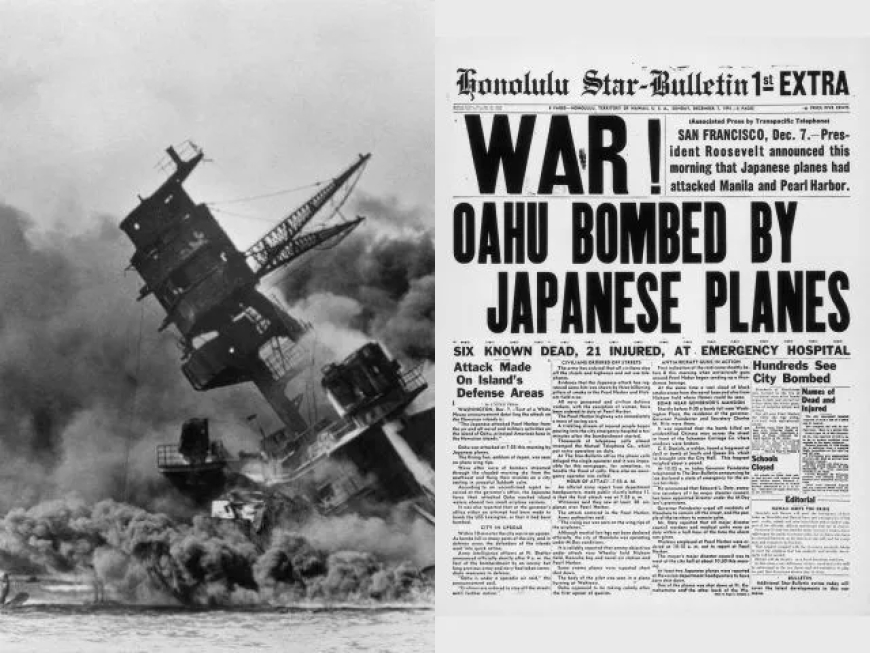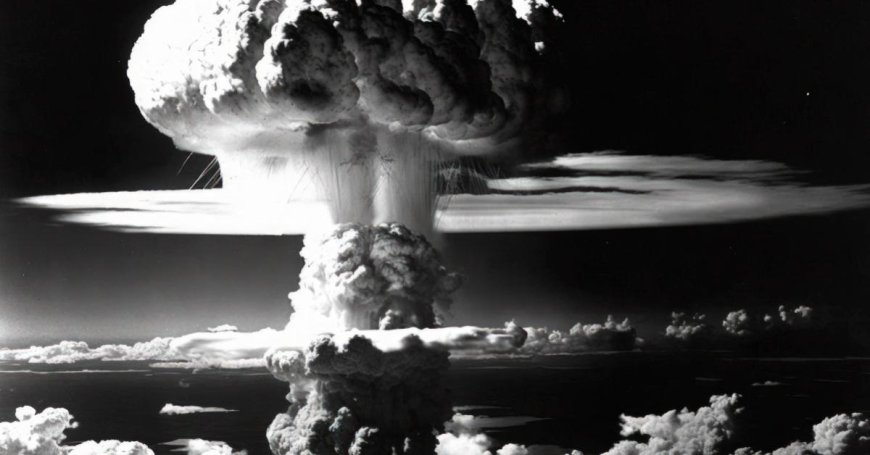Article: From Pearl Harbor to Hiroshima and Nagasaki: A Pivotal Chapter in World History
Explore the pivotal events of December 7, 1941, when Pearl Harbor became the epicenter of a devastating attack that changed the course of World War II.
The mid-20th century witnessed two catastrophic events that forever altered the course of history: the attack on Pearl Harbor and the subsequent atomic bombings of Hiroshima and Nagasaki. These moments, steeped in tragedy, marked the United States' entry into World War II and the dawn of the nuclear age.
Attack on Pearl Harbor (December 7, 1941): On a fateful Sunday morning in 1941, the tranquility of Pearl Harbor, a naval base in Hawaii, was shattered by a surprise attack carried out by the Imperial Japanese Navy. The devastating assault resulted in the sinking of battleships, the destruction of aircraft, and the loss of thousands of lives. The shock and horror of the attack propelled the United States into World War II.
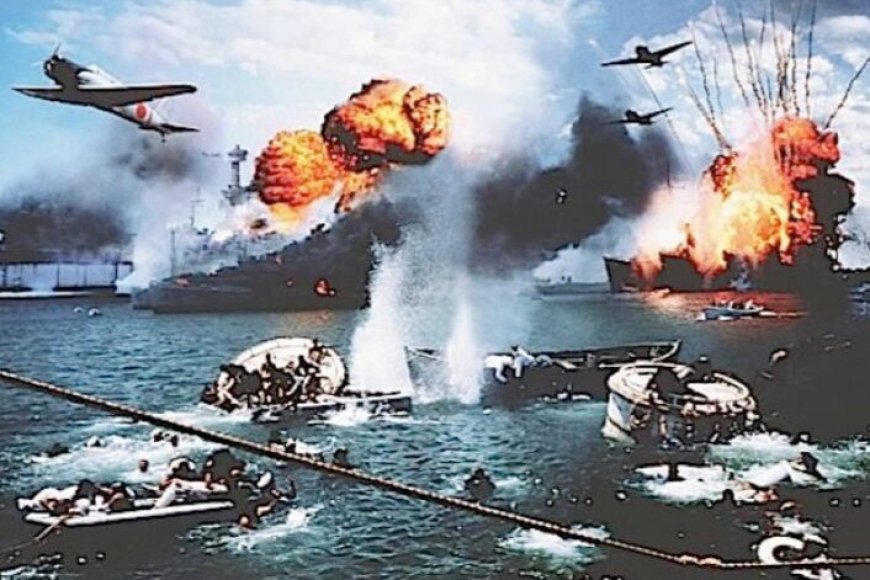
Atomic Bombings of Hiroshima and Nagasaki (August 6 and 9, 1945): As the war raged on, the Manhattan Project, a secret U.S. endeavor, successfully developed atomic weapons. In a moment of unprecedented destruction, the U.S. made the controversial decision to drop atomic bombs on the Japanese cities of Hiroshima and Nagasaki. The bombings, on August 6 and 9, 1945, respectively, caused unparalleled devastation, leading to Japan's surrender.
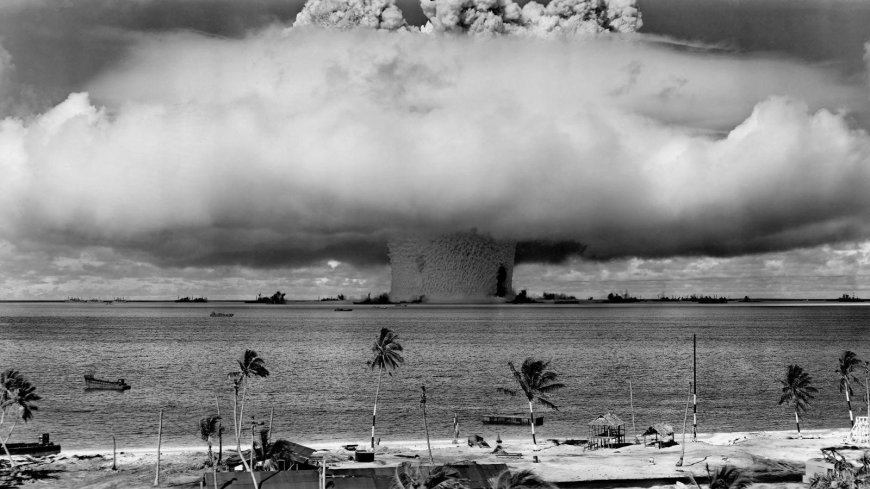
What's Your Reaction?








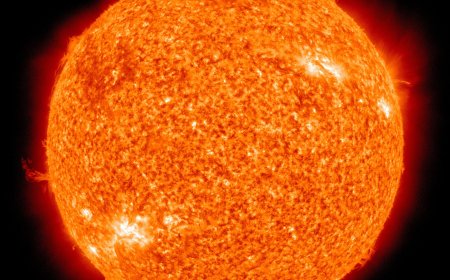











![[VIDEO]Reunited: 'The Marvels' Set to Soar into Theaters on November 10](https://minscoop.com/uploads/images/202311/image_430x256_654a7a66d0fcf.jpg)





























